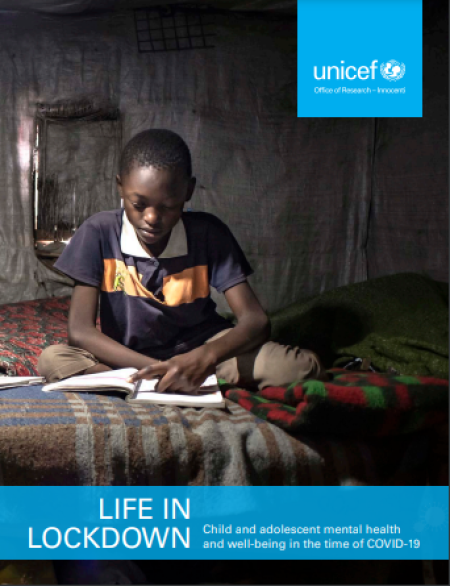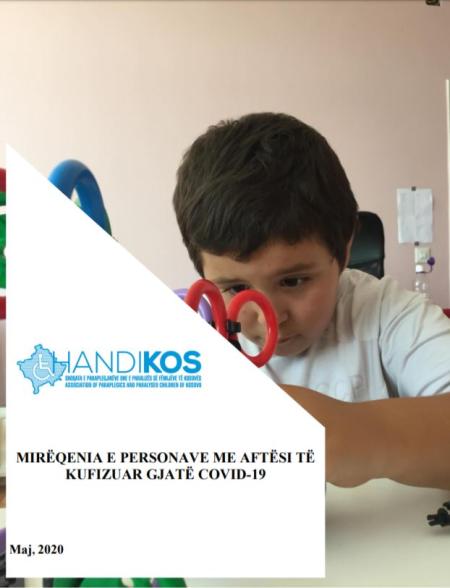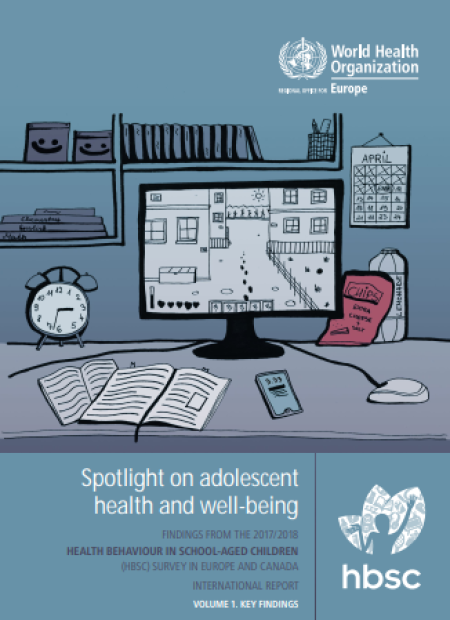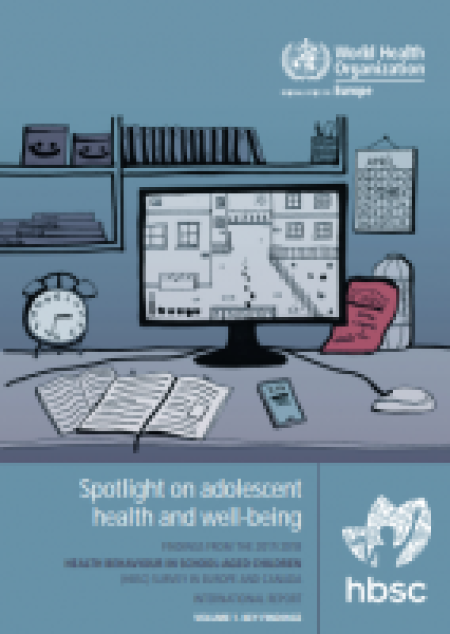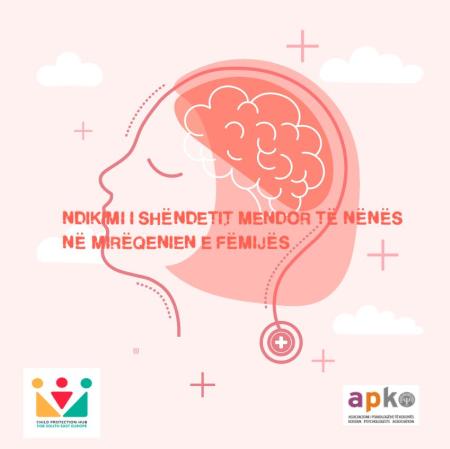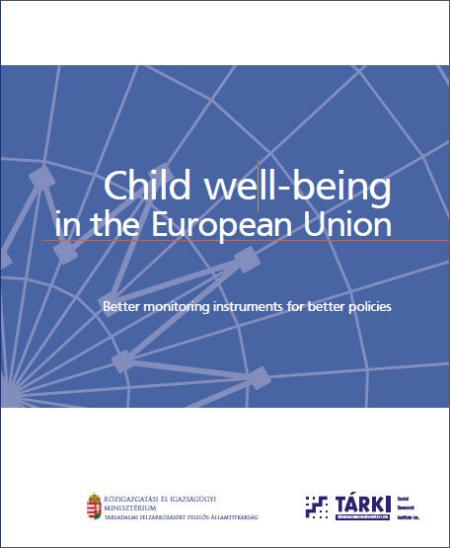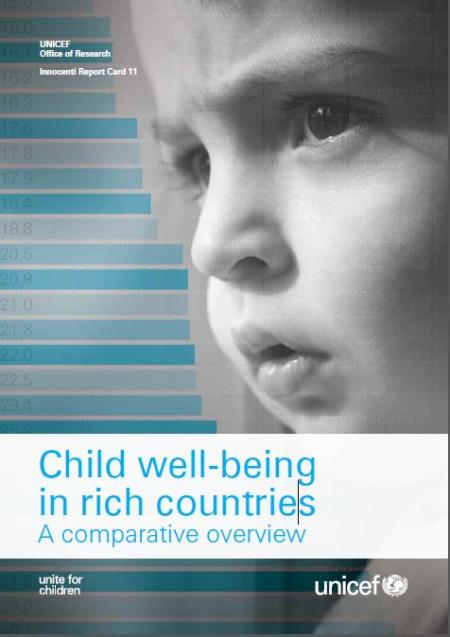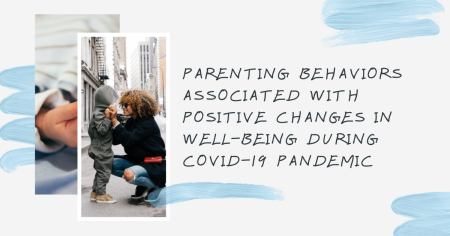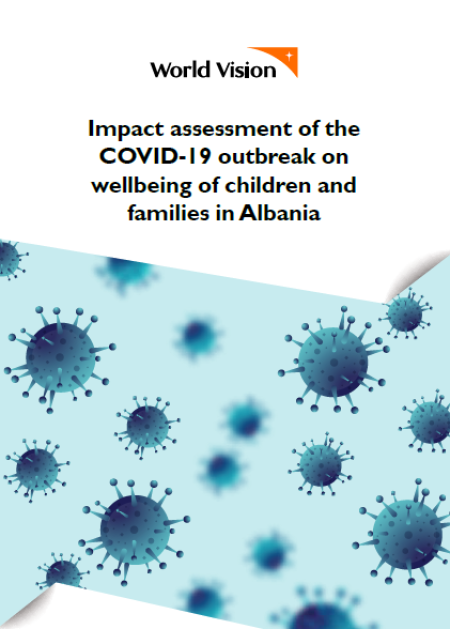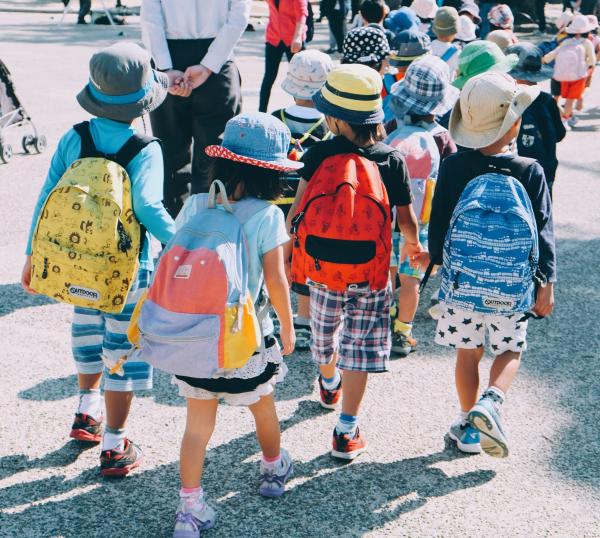
UNICEF Innocenti has released a report aimed at exploring the immediate effects of Covid-19 on the mental health of children and adolescents. The studies cover more than 130,000 children and adolescents across 22 countries, mostly of high- and upper-middle-income and severely affected in the early stage of the pandemic.
By using the social-ecological systems model; the life-course perspective; and the social determinants of health approach, the studies have shown the following:
1. The key findings on mental health:
- The levels of depression, fear, anxiety, anger, irritability, negativity, conduct disorder, alcohol and substance use, and sedentary behaviours have increased compared with pre-pandemic.
- Positive mental health changes: increase of quality time with family and school closure benefited children and adolescents’ well-being.
2. The key findings on risk and protective factors:
- Sex: Females reported more depressive symptoms, anxiety than males, who reported greater alcohol and substance use.
- Age: older children and adolescents had higher rates of depressive symptoms and anxiety than younger children.
- Location: stress symptoms, depressive symptoms, anxiety, alcohol and substance usage, and sleep disturbance were linked to living in more affected and rural areas, or near the epicenter of COVID-19 outbreaks.
- Socio-economic status: children living in poverty and lower socioeconomic positions were at increased risk of stress and depressive symptoms.
- Pre-existing conditions: children with neurodevelopmental and health conditions were more concerned about the danger of COVID-19.
- Adverse childhood experiences: children and adolescents who had previously experienced negative childhood experiences and maltreatment, such as abuse, neglect, and family dysfunction, have been at an elevated risk of stress and anxiety symptoms.
- Parenting: family conflict, separation from families, and parental depression increased the risk of mental distress, depression, and anxiety, while positive parenting and communication about the pandemic resulted in improvement of coping and well-being of children.
- Stigma and discrimination: ethnicity-based stigma and racial discrimination were linked to greater anxiety.
- Lockdown and isolation: social isolation and loneliness increased stress, anxiety, and depressive symptoms, alcohol use, and sedentary behaviors, but some studies show a rise in life satisfaction as a result of home confinement and school closure.
- Coping strategies: physical activity, maintenance of daily living routines, stress management and leisure time activities, communication with loved ones showed to be proactive coping strategies when dealing with pandemic stress.
3. Recommendations for policy and programming:
- Begin early to build mental health assets of children and adolescents with nurture and support.
- Foster family-friendly policies. Encouraging positive action through play, support to family, and quality family time help to reduce stress and pandemic-induced stress.
- Invest in age- and gender-sensitive child and adolescent mental health care interventions and services. In light of the global mental health crisis, it is crucial to treat mental health care as an increasing priority when working with primary health care centers.
- Promote physical activity and good nutrition for young people due to their impact on positive mental health
- Make schools a safe space for positive mental health. Addressing mental distress from both the absence of school and schooling itself is vital.
- Focus on at-risk young populations. It is essential to put greater emphasis on working with children and adolescents suffering from pre-existing child and adolescent mental health conditions.
- Support digital technologies as a force for change. With the recognition of the essentiality of digital technologies in the COVID era, it is highly recommended to develop innovative mental health psychological support services.
The report provides the necessary evidence data necessary not only for the better understanding of the pandemic effect on the mental health of children and adolescents but also practical recommendations for their support.

You might like..
0
294
This research elaborates on the factors that impair the mental health of people with disabilities during the pandemic period. People with disabilities face barriers that prevent them from accessing care and basic information to reduce the risk of…
0
90
Health Behaviour in School-aged Children (HBSC), a WHO collaborative cross-national study, has provided information about the health, well-being, social environment and health behaviour of 11-, 13- and 15-year-old boys and girls for over 30 years.…
0
42

Children’s mental health is a global concern and children are increasingly being diagnosed with mental health conditions. In England, in 2017, the Royal College of Paediatrics and Child Health reported that 10% of children are being diagnosed with a…
0
3
Health Behaviour in School-aged Children (HBSC), a WHO collaborative cross-national study, has provided information in 2020 about the health, well-being, social environment and health behaviour of 11-, 13- and 15-year-old boys and girls for over 30…
yes
0
159
Regarding the webinar:
Child Protection Hub in cooperation with the Association of Psychologists of Kosovo will conduct a series of webinars which will address various issues related to child protection and mental health. This series will start with…
0
33
Terre des hommes Hellas, with the support of UNICEF, is hosting a webinar on Staff Well-being under COVID-19 crisis, in a series related to the COVID-19 pandemic. The webinar focuses on Tips & Coping Strategies that could help a person deal with…
0
31
This report forms part of a process to establish a monitoring tool for tackling child poverty and well-being in the European Union. The European Union has expressed its strong political commitment to combating child poverty and promoting well-being…
0
7
This report was produced at the UNICEF Office of Research-Innocenti in Florence, Italy. It was written by Peter Adamson. This research was conducted as part of the Report Card series which is designed to monitor and compare the performance of…
0
4
A study in Germany examined the everyday life of parents during COVID-19 pandemic from the end of March until the end of April to find out how they cope with balancing work, household and online homeschooling children. Research results showed…
0
46
Terre des hommes Hellas, with the support of UNICEF, is hosting a webinar on Staff Well-being under COVID-19 crisis, in a series related to the COVID-19 pandemic. The webinar focuses on Tips & Coping Strategies that could help a person deal with…
yes
0
122
"Psychosocial well-being of children" is a video for school staff, children, and parents, which aims to reveal the essence of children's psychosocial well-being and explain how this well-being can be maintained.
The video is developed by Terre des…
0
548
While 'social justice” may sound as though it is mainly related to justice in the social field, ultimately it is a frame and set of actions aimed at protecting or advocating for the most vulnerable members of society. It is in this core…
yes
0
499
Mental Health and Psychosocial approaches and interventions have always been important for Tdh and embedded in their programming and in 2019 they have adopted a new framework presented here to respond better to the contexts we work in and to our…
no
0
611
In this webinar, Eurochild and its partners in the Including Children Affected by Migration (ICAM) Programme will bring together European policy and political decision-makers, and share innovative education practices that examine how to overcome the…
0
18
This report is based on data collected at different locations in Serbia, during regular activities in delivering psychosocial support to migrants and refugees by PIN psychologists, with the support of cultural mediators/translators. This…

